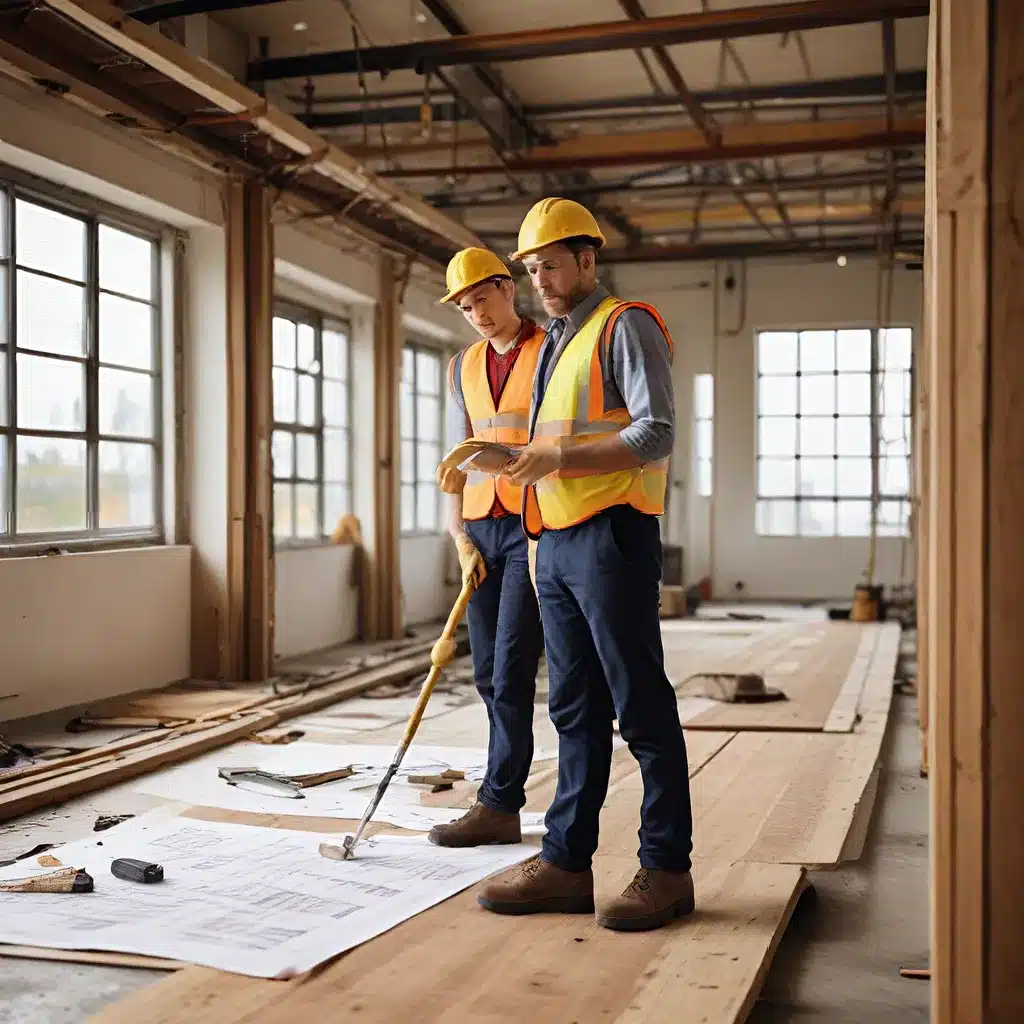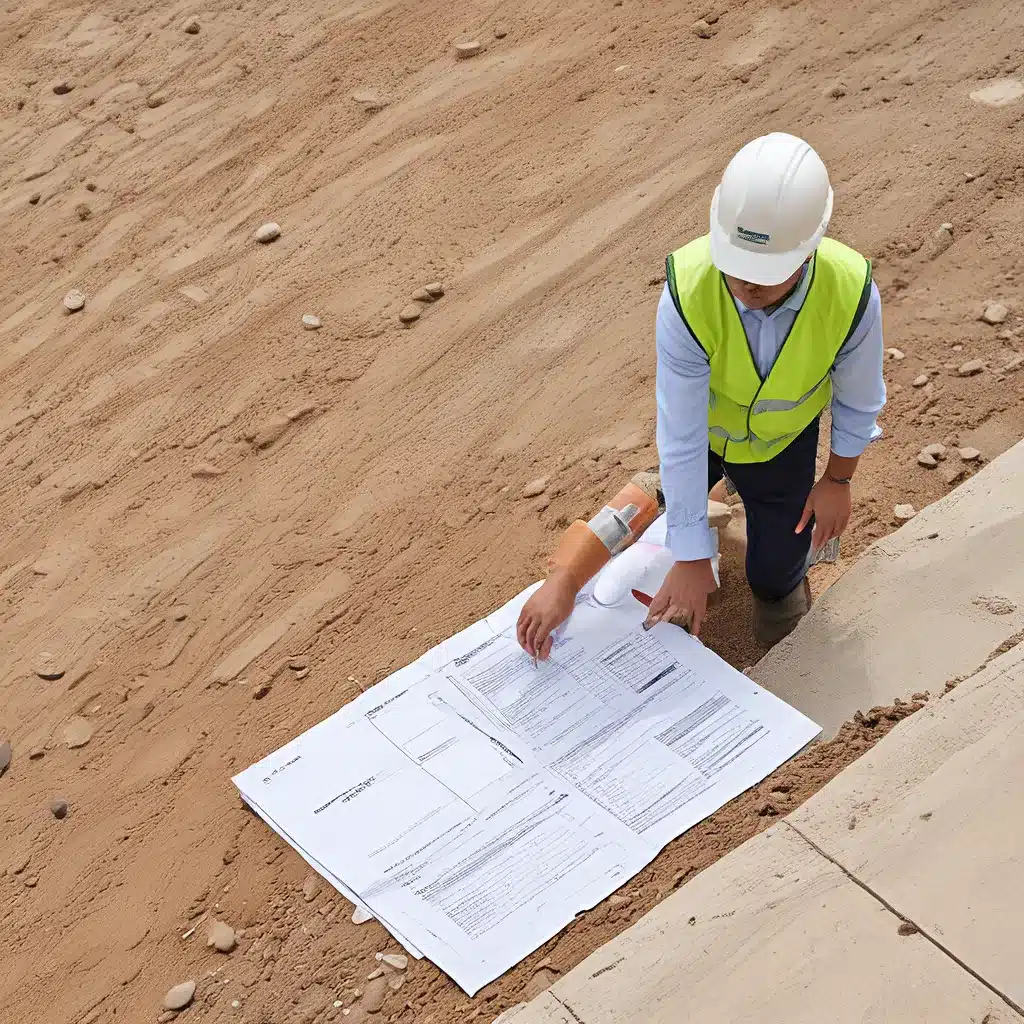
The Rollercoaster Ride of the Construction Sector
Ah, the general contracting industry – where one day you’re soaring high on the wings of a booming economy, and the next, you’re navigating the turbulent waters of a sudden downturn. As a seasoned professional in this field, I’ve witnessed firsthand the profound impact that economic conditions can have on our industry. It’s a delicate dance, where we must constantly adapt, strategize, and sometimes even reinvent ourselves to stay afloat.
Riding the Wave of Prosperity
Let’s rewind to the good old days, shall we? When the economy was humming along, and projects were abundant, the general contracting industry was like a well-oiled machine. Clients were eager to invest in new construction, expansion, and renovation projects, and we contractors were more than happy to oblige. Our order books were filled to the brim, and we were constantly on the lookout for the next big opportunity.
During periods of economic prosperity, the construction industry tends to see a surge in demand, as businesses and individuals alike feel confident in investing in new projects. This confidence translates into more jobs, more revenue, and more opportunities for us contractors to showcase our expertise. It’s a time of growth, innovation, and endless possibilities.
Navigating the Choppy Waters of Recession
But, as the old saying goes, what goes up must come down. And in the construction industry, that transition can be particularly brutal. When the economy takes a turn for the worse, the impact on our sector can be devastating. During economic downturns, clients often put a pause on new projects, and existing ones may even be canceled or delayed. This can lead to a domino effect, with contractors facing a decrease in work, reduced revenue, and even layoffs.
I remember one particularly challenging period when the housing bubble burst, and the entire construction industry was turned upside down. Projects were halted, budgets were slashed, and we found ourselves scrambling to adapt to the new reality. It was a humbling experience, to say the least, and it taught me that flexibility and resilience are the keys to survival in this industry.
Adapting to the Changing Tides
So, how do we, as general contractors, navigate these ever-changing economic conditions? Well, it’s all about being proactive, strategic, and open to new opportunities.
Diversification: One of the most effective ways to weather the storm is to diversify our portfolio of projects. Instead of relying solely on residential or commercial construction, we need to explore other sectors, such as infrastructure, industrial, or even government contracts. This helps us mitigate the risk of a downturn in any one particular area.
Cost-Cutting Measures: When times are tough, we need to be laser-focused on managing our costs. This may involve renegotiating supplier contracts, streamlining our operations, or even exploring alternative materials and techniques that can help us save money without compromising quality.
Investing in Technology: The construction industry has been slow to adopt new technologies, but in today’s climate, it’s more important than ever to stay ahead of the curve. By investing in tools and software that can improve efficiency, reduce errors, and enhance collaboration, we can become more agile and competitive.
Diversifying our Workforce: Another key strategy is to ensure that our workforce is diverse and adaptable. By recruiting and training workers with a wide range of skills, we can better respond to the changing demands of the industry. This could include everything from skilled tradespeople to project managers, estimators, and even data analysts.
The Importance of Resilience
At the end of the day, the general contracting industry is a rollercoaster ride, with its ups and downs. But those who are willing to embrace change, think creatively, and stay resilient will be the ones who come out on top.
As I reflect on my career in this industry, I’m reminded of the importance of staying grounded, even in the face of uncertainty. It’s easy to get caught up in the hype of a booming economy, but we must always be prepared for the inevitable downturn. By cultivating a culture of adaptability, innovation, and continuous improvement, we can position ourselves to weather any storm that comes our way.
So, if you’re a fellow general contractor, take heart. The road ahead may be winding and challenging, but with the right mindset and strategies, we can navigate these turbulent waters and emerge stronger than ever. After all, the construction industry is the backbone of our economy, and we have a vital role to play in shaping the future of our communities.
Related posts:
No related posts.




